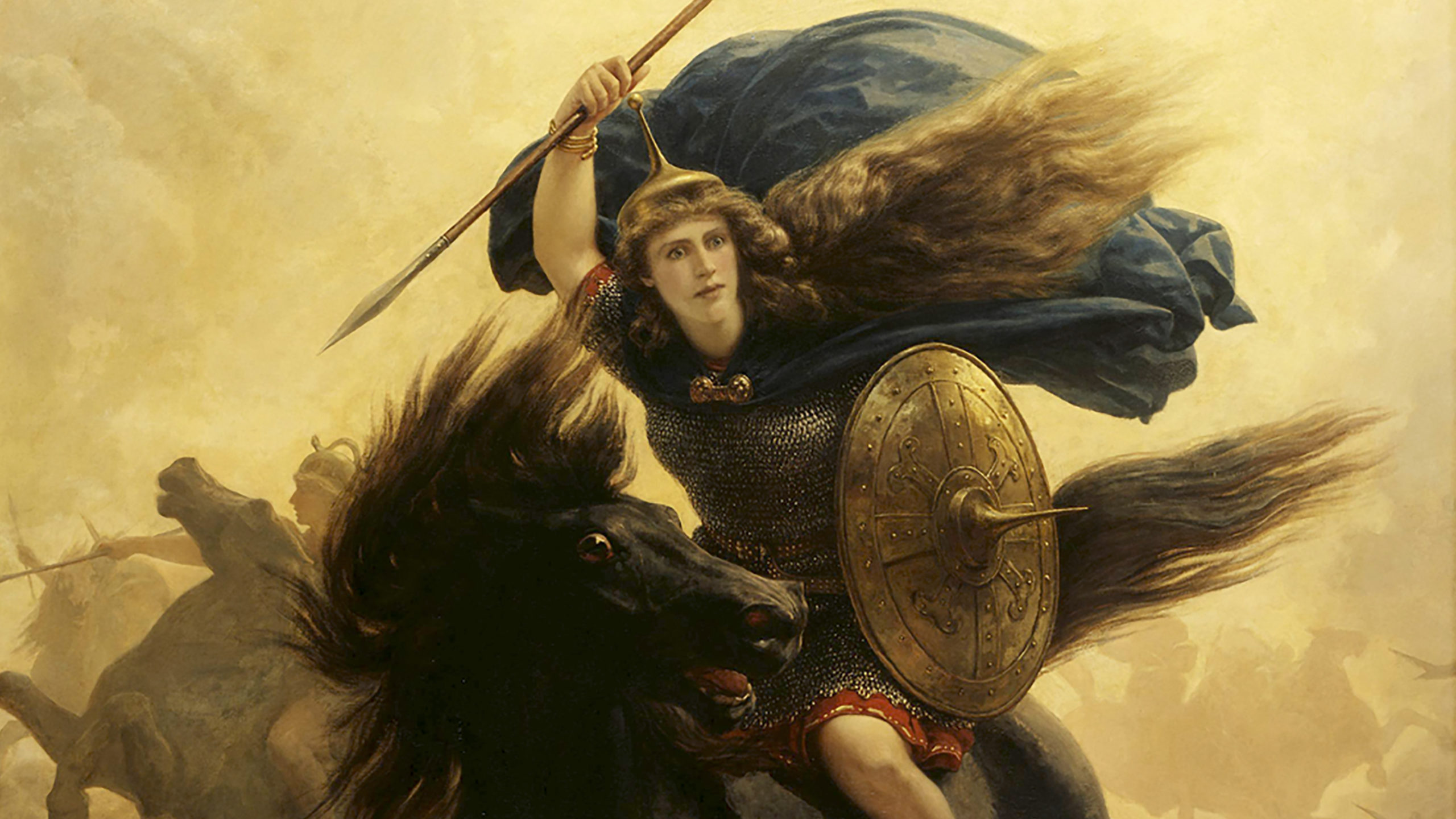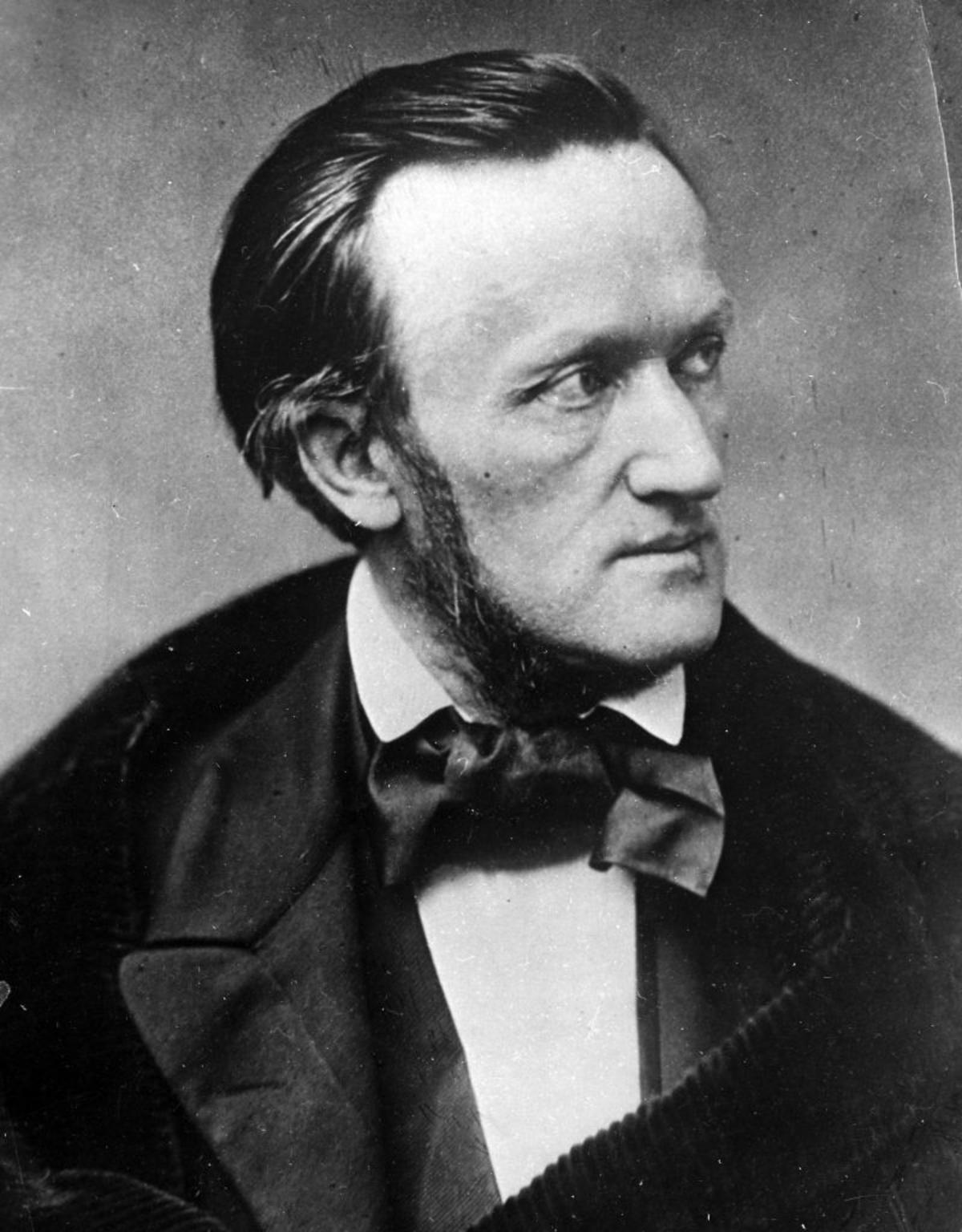Ride of the Valkyries (1851) - Richard Wagner - Die Walküre
Содержание
Richard Wagner was a German composer who left a legacy of 14 operas and many other works in various musical genres, and who had a huge influence on the entire world of musical art.
Few people listen to classical music today, but among Wagner's works there is one that is familiar not only to classical lovers, but to everyone in general: "The Flight of the Valkyries" - a beautiful and majestic work that has become firmly embedded in our lives.

History
"The Flight of the Valkyries" is not an independent work, but part of the third act of the opera entitled "The Valkyrie", which in turn is part of the tetralogy "The Ring of the Nibelung". The history of this composition must therefore be seen in the context of all three works.
Like any creation, the opera Valkyrie tells us a little about its author. After graduating from the University of Leipzig, Richard Wagner begins to research Germanic myths and legends. It is in them that he draws inspiration for his music. In the 1940s Wagner creates such legend-inspired operas as The Flying Dutchman, Tannhäuser and Lohengrin. Later, continuing to delve deeper into the world of myth, Wagner planned to write not one but three operas, which would form a cycle entitled The Ring of the Nibelung. One of these operas was to be the Valkyrie of interest to us.
But at this stage history rudely interfered with Richard's plans, namely the revolution that had begun. Wagner was an active participant in those events. The suppression of the uprising, police raids and executions all affected Wagner directly. Like many of the rebels, he was convicted in absentia as a rebel and sentenced to execution. With the help of his faithful friend Franz Liszt, the composer flees to Zurich in Switzerland, where he manages to lay low for a while.

The ten years that followed were extremely difficult for Wagner. His financial situation was close to poverty, in addition, publishers refused to publish his works and theatres refused to stage his operas. But no hardship could break Wagner's creative nature. In music he found relaxation from what was happening in reality. It was at this point that he decided to undertake the Ring of the Nibelung, which he had conceived.
By 1952 the textual component of the work was completed and Wagner began composing the music for the first opera in the cycle, The Gold of the Rhine. It took the composer two years to create the score for this opera, but on a wave of inspiration he immediately wrote the second opera, Die Walküre. In this opera he was able to realise the melody he had conceived a few years earlier, in 1851. This was the famous Flight of the Valkyries. The opera was completed in 1856.
An amnesty followed and Wagner was able to return to his homeland, Germany. However, things did not get any easier. Wagner was still in a difficult financial situation. To somehow earn a living, Richard Wagner began to perform as a conductor. Like many creative people, Wagner had a burning desire to share his creations with the public. To this end, he transformed parts of operas he had written abroad into concert numbers. In 1862, Flight of the Valkyries premiered at the An der Wien theatre in Vienna. Wagner put a lot of work into it, especially the part with the octet of female voices.
The success was resounding. There were a hundred musicians in the orchestra, and the solemn and heartfelt melody enthralled the audience. Just a few days later, at the urgent request of the audience, Wagner's composition was performed again. The first publication took place in Leipzig.
However, Wagner did not want Flight of the Valkyries to be performed as a separate work; he conceived it as part of an opera. Therefore, until 1976, when the entire Ring of the Nibelung tetralogy was premiered, the publication of Flight of the Valkyries was forbidden. However, this did not prevent the Schott Music publishing house from publishing it one more time, for which the author made claims against the publishing house... Wagner was so adamant that when in 1870 the opera Die Walküre was performed before King Ludwig II (separately from the tetralogy), Wagner was not present at the premiere.
Table of Contents
So Flight of the Valkyries is the introduction to the third act of the opera Valkyrie.
An orchestral prelude accompanies the scene showing the four Valkyries flying on winged horses and greeting each other with a battle cry. They are then joined by four more of their sisters and stop on a mountain plateau to wait for the last, ninth Valkyrie, Brunnhilde.
This entire composition focuses on the majestic scene of a race through the air and is performed in B Minor tonality. The climax of this composition features violins and violas, trumpets and trombones, conveying the scale and fantasy of this heavenly race.
Real horses took part in the scene. Once, when the opera was staged in Vienna, the winged horses were horses from the stables of Emperor Franz Joseph I. As they were the wrong colour, all the horses were painted with black paint.....
The story of this great work continued after the author's death. During World War II, Wagner's music was firmly associated with the Third Reich, the composer was admired by Adolf Hitler, which made listening to Wagner's music unpopular. Fortunately, in time, this notoriety became a thing of the past. Later, the melody was used by legendary film director Francis Ford Copolla in his film Apocalypse Now. The melody of "Flight of the Valkyries" is often used as an accompaniment to circus acts. There is no doubt that "Flight of the Valkyries", as well as Richard Wagner's entire oeuvre, has had a great influence on the whole world.



